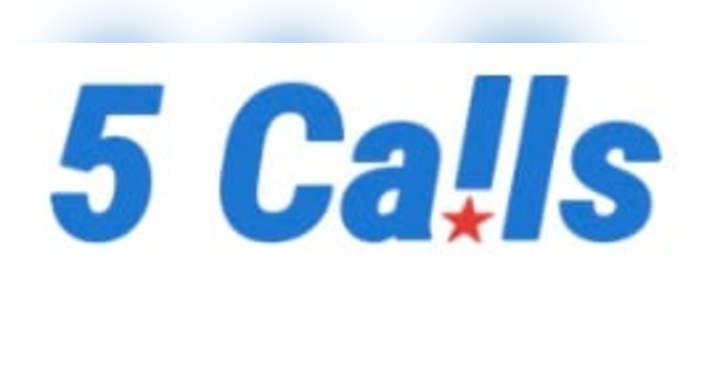Navigating Medications for Seniors: Enhancing Health and Well-being

Introduction:
As we age, our bodies undergo various changes, and managing our health becomes increasingly important. Prescription medications play a vital role in promoting the well-being of seniors by treating chronic conditions, alleviating symptoms, and improving overall quality of life. However, the complexity of medication management can be overwhelming for older adults and their caregivers. In this blog, we will explore some essential aspects of medications for seniors, including safety considerations, common challenges, and strategies to optimize medication use.
Ensuring medication safety is paramount for seniors. Here are some crucial steps to follow:
a. Medication Review: Regularly review medications with a healthcare professional to assess their necessity, potential interactions, and adverse effects. Eliminate unnecessary or duplicate prescriptions.
b. Medication Storage: Store medications properly, following instructions on labels, to maintain their efficacy. Consider using pill organizers or medication reminder apps to avoid missed doses.
c. Clear Labeling: Clearly label medications with the name, dosage instructions, and any relevant warnings. Use large print labels or magnifying tools if needed.
d. Medication Disposal: Dispose of expired or unused medications safely. Consult local guidelines or take-back programs to ensure environmentally responsible disposal.
Here are some strategies to improve compliance with medication regimens for seniors
a. Simplify Medication Schedules: Work with healthcare providers to simplify dosing schedules whenever possible. Consolidate medications to reduce the number of daily doses.
b. Medication Reminders: Utilize alarms, smartphone apps, or medication reminder systems to prompt seniors to take their medications at the prescribed times.
c. Caregiver Support: If possible, involve a trusted family member or caregiver to assist with medication management, especially for complex regimens or individuals with cognitive impairments.
d. Medication Education: Educate seniors about the importance of taking medications as prescribed, emphasizing the potential benefits and risks of non-compliance.
Seniors often take multiple medications simultaneously, increasing the risk of drug interactions. Consider the following:
a. Healthcare Team Coordination: Encourage open communication among healthcare providers to ensure they are aware of all medications being taken. This helps identify potential interactions and find suitable alternatives.
b. Medication List: Maintain an up-to-date list of all prescribed medications, over-the-counter drugs, and dietary supplements. Share this list with healthcare providers during appointments or hospital visits.
c. Pharmacist Consultation: Engage with pharmacists for medication reviews and to clarify any concerns regarding potential drug interactions. They can provide valuable advice and suggest alternatives if needed.
Routine health monitoring is vital for seniors on medications. Here are some key points to consider:
a. Regular Check-ups: Schedule regular appointments with healthcare providers to monitor the effectiveness and side effects of medications. Be prepared to discuss any changes in health or new symptoms.
b. Blood Tests: Certain medications may require regular blood tests to monitor their impact on liver function, kidney health, or other vital indicators. Comply with the recommended testing schedule.
c. Side Effects: Familiarize yourself with common side effects of medications and report any concerning symptoms promptly to healthcare providers.
Conclusion:
Medications play a significant role in promoting the health and well-being of seniors. By prioritizing medication safety, adhering to prescribed regimens, preventing interactions, and maintaining regular health monitoring, older adults can optimize the benefits of their medications while minimizing risks. Open communication with healthcare providers, involvement of caregivers, and access to pharmacist expertise are essential components in successfully navigating the complexities of medication management.
Remember, a well-managed medication regimen can significantly enhance the quality of life for seniors, allowing them to better manage chronic conditions, alleviate symptoms, and enjoy a higher level of independence. However, it is crucial to approach medication use with caution and seek professional guidance to ensure the best possible outcomes.
If you are a senior or a caregiver, take an active role in understanding your medications, asking questions, and seeking clarification when needed. Establish a system that simplifies medication schedules, and don't hesitate to reach out to healthcare professionals or pharmacists for support and guidance.
Ultimately, the goal is to empower seniors to take control of their health while promoting medication safety and adherence. With proper medication management, older adults can age gracefully, maintain their well-being, and continue to lead fulfilling lives.

